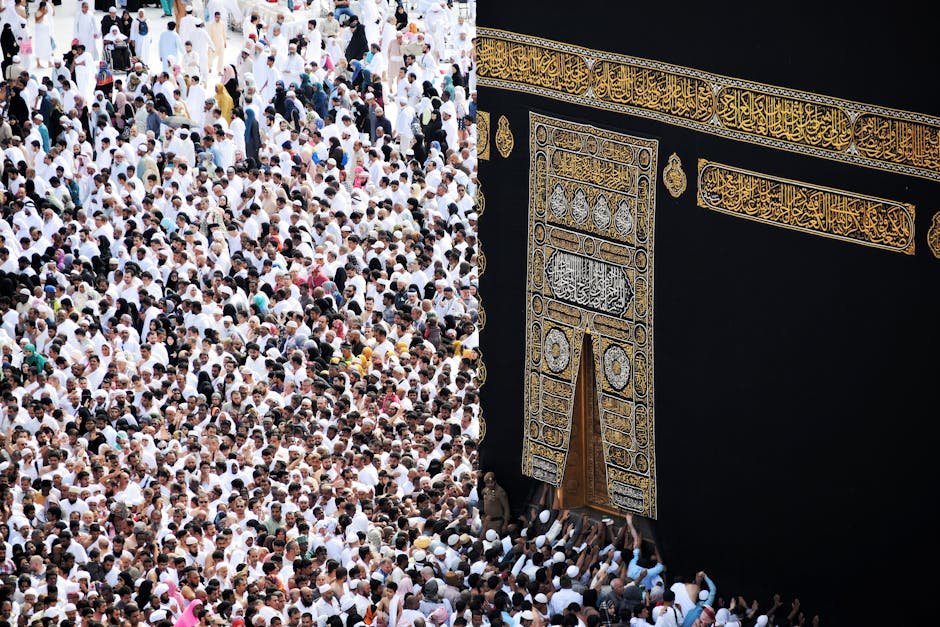The human spirit has always been driven by a desire to understand its place in the cosmos. This quest often intertwines with questions of faith and reason, prompting a profound search for reconciliation between the spiritual and the tangible. The tension between these seemingly disparate forces has led to centuries of philosophical and theological debate, yet a harmonious coexistence is not only possible but potentially illuminating.
A crucial aspect of this endeavor is recognizing the inherent limitations of both faith and reason. Faith, while deeply personal and often grounded in experiences beyond the empirical, cannot solely rely on subjective interpretations to claim truth. Similarly, reason, powerful though it may be in dissecting the natural world, struggles to fully encompass the complexities of the human experience and the divine. This limitation underscores the necessity of a balanced approach, one that acknowledges the unique contributions of both.
A primary way to reconcile faith and reason lies in discerning the specific domains where each excels. Reason, with its emphasis on logic, empirical evidence, and systematic analysis, is undeniably effective in understanding the physical world. From the intricate workings of the human body to the vast expanse of the universe, science provides invaluable insights into the natural order. Conversely, faith often seeks to answer questions that lie beyond the realm of scientific inquiry. It delves into the profound mysteries of purpose, meaning, and the nature of existence, often prompting introspection and exploration of ethical frameworks.
Rather than viewing these domains as mutually exclusive, a more fruitful approach involves recognizing their complementary roles. Faith, instead of being antithetical to reason, can serve as a catalyst for further questioning and investigation. A belief system can prompt profound inquiries into the nature of reality, encouraging individuals to explore the unknown and develop a more nuanced understanding of the world. Conversely, reason can provide a framework for critically examining the tenets of faith, allowing individuals to refine their understanding and avoid dogmatism. This iterative process, where faith and reason engage in a continuous dialogue, is crucial for a robust and adaptable spiritual perspective.
Numerous spiritual traditions throughout history have explored this relationship between faith and reason. Eastern philosophies, like Buddhism and Hinduism, often emphasize the importance of mindful observation and direct experience as a means of understanding the divine. This emphasis on personal experience, whilst not necessarily excluding logical analysis, places less emphasis on dogma and more on a direct engagement with the spiritual realm. In contrast, Abrahamic religions often emphasize faith as the foundation of a relationship with the divine. Nonetheless, prominent figures within these traditions, from Augustine to Aquinas, employed reason as a tool to explore and elaborate on their faith, constructing intellectual frameworks to support their beliefs.
One compelling example of this synthesis can be seen in the concept of spiritual experience. A profound encounter with the divine can evoke deeply personal and powerful feelings, yet such experiences cannot be scientifically quantified or empirically proven. Reason, however, can offer frameworks for understanding the psychological and physiological factors that might contribute to these experiences. This nuanced perspective allows us to acknowledge the validity of both the subjective and the objective aspects of spiritual experience. The insights drawn from both can lead to a more profound appreciation of the human experience as a whole.
Another critical element in this reconciliation is acknowledging the role of assumptions and presuppositions. Both faith and reason rely upon foundational beliefs, whether they are religious doctrines or scientific paradigms. By acknowledging these inherent assumptions, individuals can engage in more honest and open-minded discussions, recognizing that their starting points shape their perspectives. A willingness to question one’s own biases and to critically evaluate the beliefs of others becomes a hallmark of a genuine search for truth and reconciliation.
Crucially, the pursuit of reconciling faith and reason is not about finding a definitive, universal answer. Instead, it is a continuous process of exploration, questioning, and personal growth. Different individuals may arrive at varying conclusions, and the validity of these conclusions depends not on their adherence to a particular formula, but on the honesty, integrity, and rigor with which they are arrived at. A spirit of open inquiry and a willingness to engage with diverse perspectives are essential in navigating this complex landscape.
Moreover, embracing the inherent limitations of both faith and reason is a crucial element of this reconciliation. Recognizing that faith may not offer empirical proof, and that reason may not encompass all aspects of human experience, allows for a more nuanced and flexible approach. This approach fosters tolerance and understanding, acknowledging that differing perspectives can coexist in a shared quest for truth. This doesn’t imply a compromise of one’s beliefs, but rather a commitment to engaging respectfully with diverse viewpoints.
Ultimately, the reconciliation of faith and reason is a personal journey. It demands a willingness to confront internal conflicts, grapple with challenging questions, and embrace the inherent complexities of the human experience. By acknowledging the distinct contributions of both faith and reason, individuals can embark on a richer, more fulfilling spiritual exploration. This reconciliation is not a destination, but an ongoing dialogue, a testament to the human spirit’s persistent quest to understand its place in the grand tapestry of existence.
